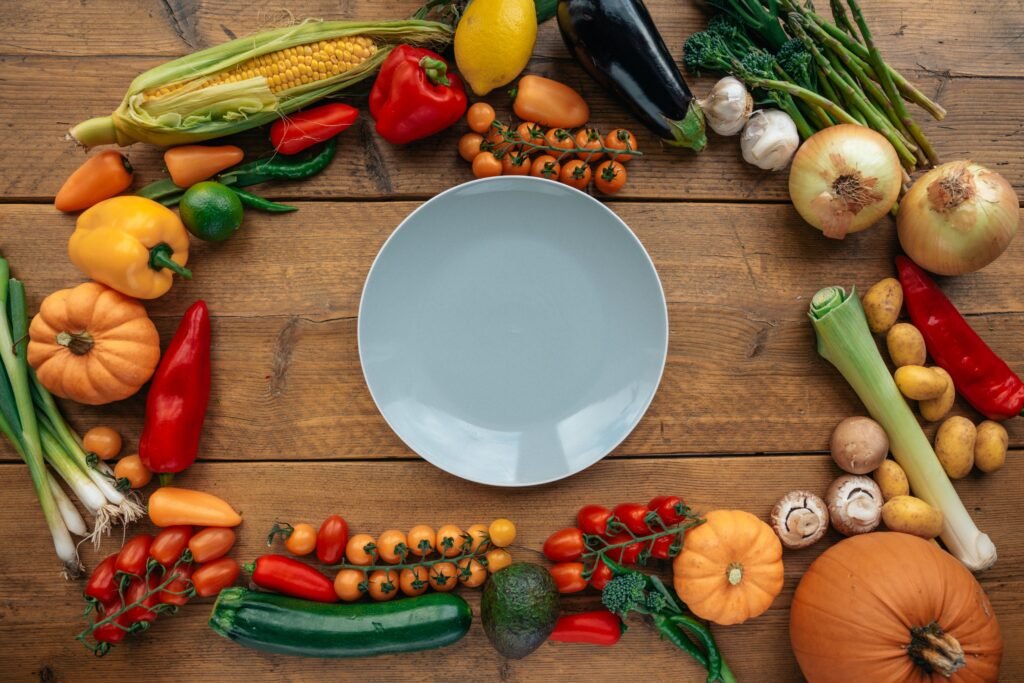
Cancer, being a multifaceted disease marked by uncontrolled cell growth and division, is influenced by various factors. Of particular significance, oxidative stress stands out as a crucial mechanism in cancer initiation and progression. In recent years, antioxidants have garnered significant attention for their potential role in preventing and treating cancer. In this article, we aim to elucidate the intricate relationship between antioxidants and cancer, with a focus on the mechanisms involved, and further discuss their potential therapeutic applications.
Oxidative Stress and Cancer
Oxidative stress results from an imbalance between the production of reactive oxygen species (ROS) and the body’s ability to repair the damage caused by these harmful molecules. ROS, including superoxide radicals and hydrogen peroxide, actively damage essential cellular components like DNA, proteins, and lipids. This damage significantly contributes to the development of cancer. Prolonged oxidative stress links critical gene mutations, inflammation, and the promotion of tumor growth.
The Role of Antioxidants
Antioxidants, a diverse group of molecules, are pivotal in counteracting oxidative stress by neutralizing ROS, thereby mitigating potential cellular damage. We can categorize these antioxidants as vitamins (e.g., vitamin C and E), minerals (e.g., selenium), and phytochemicals (e.g., flavonoids and polyphenols), all accessible through a balanced diet or supplements. Antioxidants safeguard against cancer through various mechanisms:
- DNA Protection: Antioxidants play a vital role in shielding DNA from damage by repairing oxidative lesions. Consequently, this reduces the risk of mutations that may lead to cancer.
- Anti-Inflammatory Effects: Chronic inflammation is a recognized cancer risk factor. Notably, antioxidants possess the capacity to alleviate inflammation, thereby diminishing the likelihood of tumor development and progression.
- Immune System Support: Furthermore, antioxidants go beyond mere DNA protection. They actively strengthen the immune system, thereby enhancing the body’s ability to detect and eradicate cancer cells.
- Apoptosis Induction: In some instances, certain antioxidants have demonstrated the remarkable ability to induce apoptosis, which is a process of programmed cell death in cancer cells. This effectively curbs their uncontrolled growth.
- Inhibition of Tumor Angiogenesis: Additionally, specific antioxidants can thwart the formation of blood vessels that supply nutrients to tumors. Consequently, this impedes their growth, a pivotal aspect of cancer control.
Clinical Evidence
While laboratory research and preclinical studies have shed light on the potential benefits of antioxidants in cancer prevention and treatment, clinical evidence has been somewhat mixed. Some studies have suggested that antioxidant supplements may not confer significant protection against cancer and could, in some cases, have adverse effects. It’s crucial to recognize that the interplay between antioxidants and cancer is intricate and context-dependent.
Recommendations for Using Antioxidants
- Balanced Diet: The most effective method to integrate antioxidants into your daily routine is through a balanced diet featuring a rich array of fruits, vegetables, whole grains, and other nutrient-dense foods. These natural sources offer a wide variety of antioxidants in their most beneficial forms.
- Consult a Healthcare Professional: If you are contemplating antioxidant supplements, it is advisable to seek guidance from a healthcare professional, such as a doctor or registered dietitian. They can provide insights on appropriate dosages and whether supplementation is necessary, taking your specific health needs into account.
- Individualized Approach: Moreover, Cancer is a diverse disease, and the impact of antioxidants may vary among individuals and cancer types. An individualized approach to antioxidant use is paramount.

Conclusion
In summary, Antioxidants play a multifaceted role in cancer prevention and treatment. We categorize these antioxidants as vitamins (e.g., vitamin C and E), minerals (e.g., selenium), and phytochemicals (e.g., flavonoids and polyphenols), which can be obtained through a balanced diet or supplements. A well-rounded diet with antioxidant-rich foods is the most reliable way to harness their potential cancer-fighting benefits. However, if considering supplementation, it’s crucial to do so under the guidance of a healthcare professional to maximize benefits and minimize risks.




